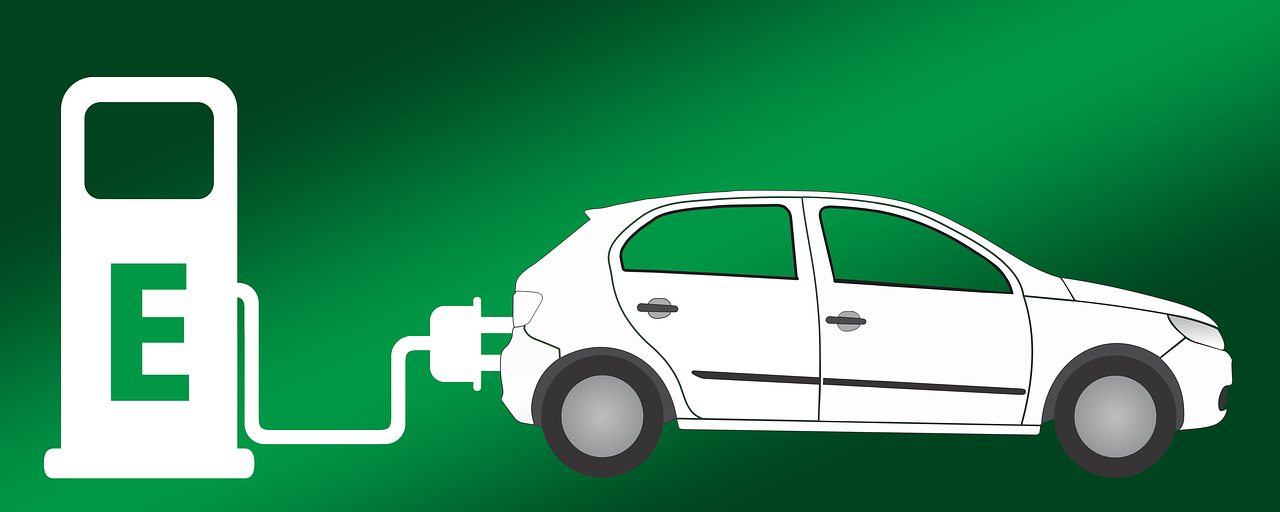THE FUTURE OF E-VEHICLES AND SUSTAINABLE TRASPORATATION
Greetings, esteemed colleagues. I am Akshat Jindal, and I am pleased to present this report, based on extensive analysis, on the burgeoning subject of “The Future of Electric Vehicles and Sustainable Transportation.” While many of you may already possess a fundamental understanding of electric vehicles (EVs), allow me to provide a brief contextual overview.
Electric vehicles, often referred to as EVs, are a category of transportation that employs one or more electric motors as their primary source of propulsion. These vehicles rely on a collector system to acquire the necessary power for operation. It’s imperative to note that there exist two principal categories of EVs:
- All-Electric Vehicles (AEVs): AEVs are exclusively powered by an electric motor that derives its energy from an onboard battery, eliminating any reliance on traditional internal combustion engines.
- Plug-in Hybrid Electric Vehicles (PHEVs): PHEVs utilize both an electric motor, drawing power from a battery, and an internal combustion engine to facilitate their operation, offering a versatile approach to sustainable transportation.
In the subsequent sections of this report, we will delve deeper into the dynamics, trends, and the promising future of electric vehicles within the context of sustainable transportation.

The burgeoning demand for electric vehicles (EVs) in India has witnessed a remarkable surge. In the year 2022, a total of 999,949 EVs were successfully sold, reflecting an astounding growth rate of 210% compared to the preceding year, 2021. The Economic Survey of 2023 has forecasted a promising trajectory for the Indian EV market, anticipating a robust compound annual growth rate (CAGR) of 49% from 2022 to 2030. This projection suggests that by the year 2030, the annual sales figures are poised to achieve a remarkable milestone, reaching a significant 10 million units.
(Data referred from Invest India)
Electric vehicle batteries are typically composed of materials that can store and release electrical energy efficiently. Two prominent types of ions play a crucial role in the manufacturing of these batteries: lithium-ion and sodium-ion.
- Lithium-ion Batteries: Lithium-ion batteries have gained widespread popularity in the electric vehicle industry due to their exceptional energy density and long cycle life. They consist of a cathode, an anode, and an electrolyte. When the battery is charged, lithium ions move from the cathode to the anode through the electrolyte, storing energy. This efficient movement of lithium ions is key to the high performance of lithium-ion batteries, making them a preferred choice for electric vehicles.
- Sodium-ion Batteries: Sodium-ion batteries are an emerging technology that holds promise for electric vehicles and other applications. Similar to lithium-ion batteries, they consist of a cathode, an anode, and an electrolyte. However, sodium ions are used instead of lithium ions. Sodium-ion batteries have certain advantages, including the abundance of sodium as a raw material, potentially lower cost, and reduced environmental impact.
Sustainable transportation means using eco-friendly, efficient ways to get around, like electric cars, public transit, biking, and walking. It helps reduce pollution, save energy, and make transportation fairer for everyone. But Lithium-ion battery are not safe for environment because:
Lithium mining in Andean countries relies on saline water, which, although unsuitable for drinking, is vital for preserving water and environmental resources. Mining one ton of lithium consumes a massive 2.2 million gallons of water, leading to significant water depletion in places like Chile’s Salar de Atacama, adversely affecting local farmers. Additionally, lithium batteries contain potentially hazardous materials like nickel, copper, and lead, posing environmental risks if not disposed of correctly and even explosive dangers if stored without proper control.
So, “The Indian conglomerate Reliance Industries has paid $135 million to purchase Faradion, a UK start-up developing sodium-ion batteries. Reliance will invest a further $35 million in Faradion to accelerate the commercialization of its products, including batteries for electric vehicles. Sodium-ion batteries are an attractive alternative to lithium-ion batteries because they are safer and about 30% cheaper.” (According to ACS publication)
Mukesh Ambani is pursuing the ambition of transitioning from lithium-ion batteries to sodium-ion batteries, with the strategic goal of establishing a dominant market presence in the electric vehicle sector. His vision includes the manufacturing of cost-effective electric vehicles within India.
CONCLUSION
In my opinion, the present moment presents an opportune juncture for individuals to allocate their time, financial resources, and expertise towards the field of Electric Vehicles (EVs), with a profound consideration for environmental sustainability. As time progresses, we anticipate a substantial shift in societal norms, as more and more individuals embrace EVs, thereby fostering a rapid expansion of this sector.
(Analysis Report by Akshat Jindal)
Follow us on Instagram Twitter LinkedIn YouTube






Great analysis report!